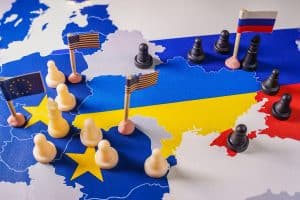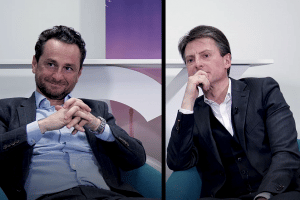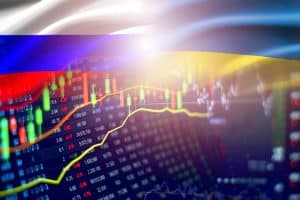Football’s Role on the Geopolitical Frontline of Russia’s Conflict with Ukraine
by Simon Chadwick | Football for the Russian government and its allies is merely the means to geopolitical ends, rather than an end in itself. Scoring goals is only of secondary importance to the power and influence that investing football can bring.




